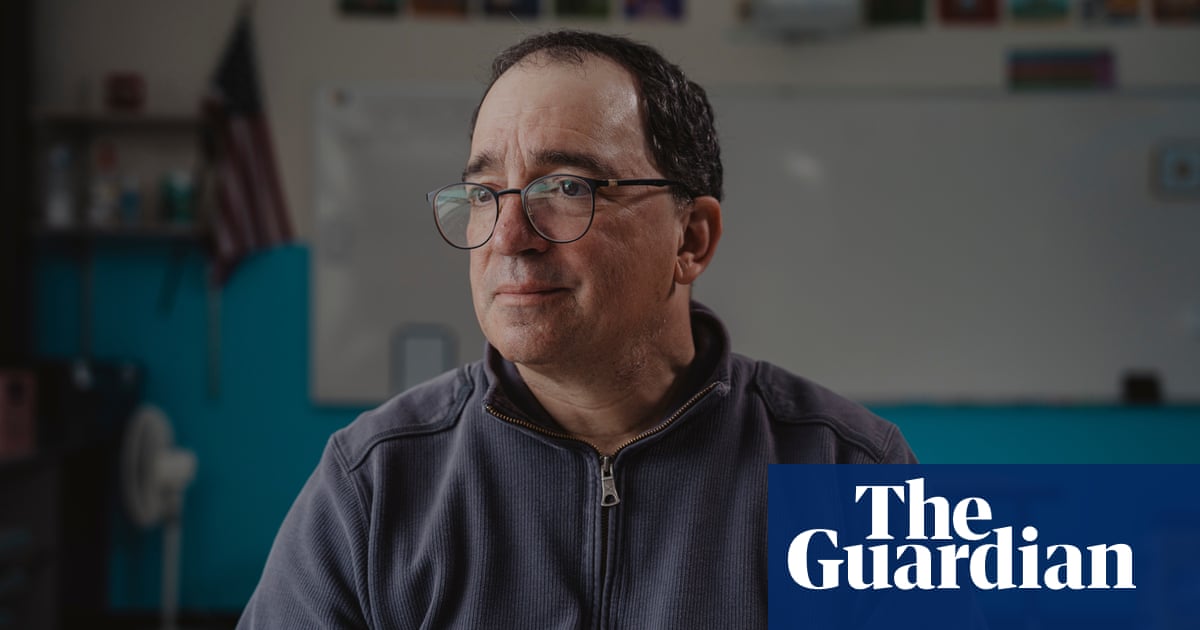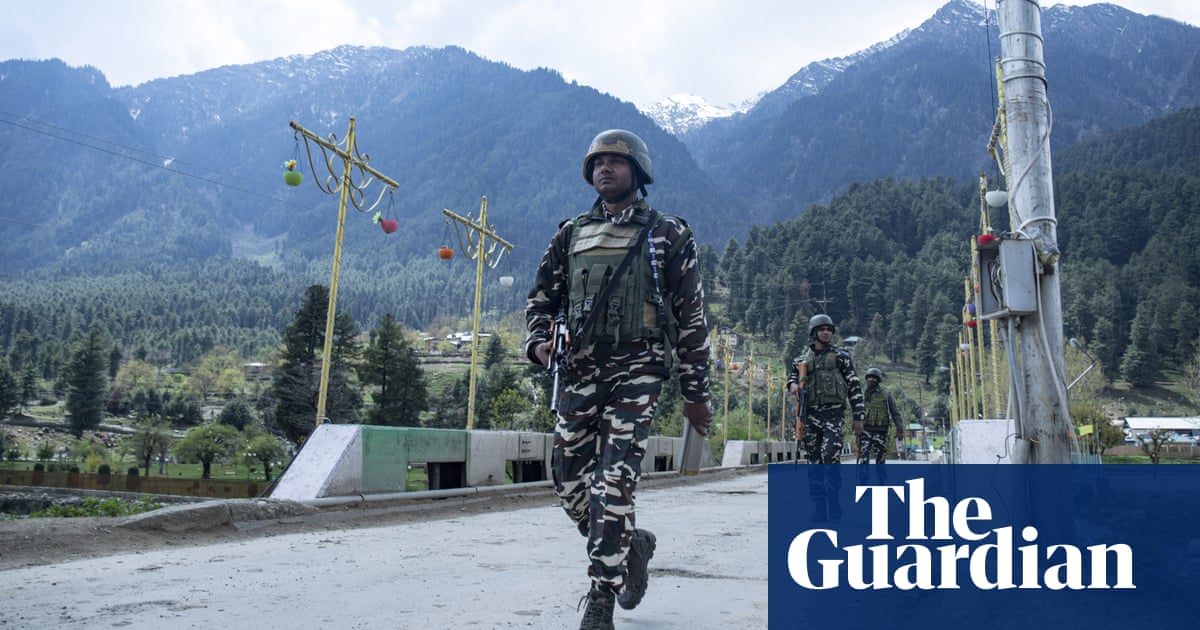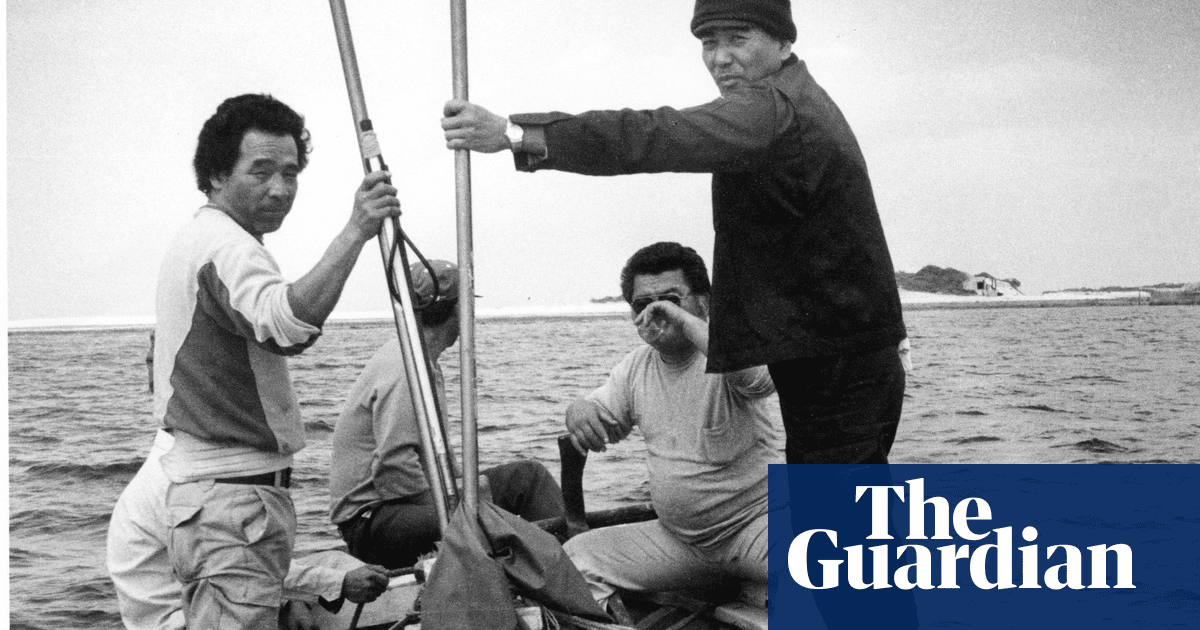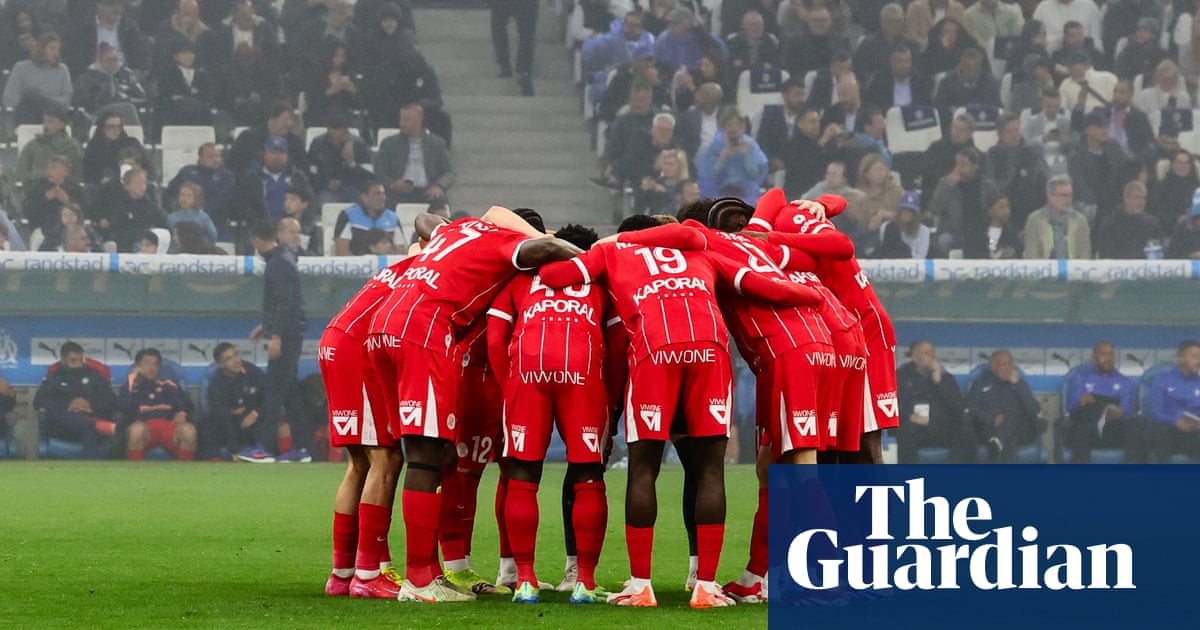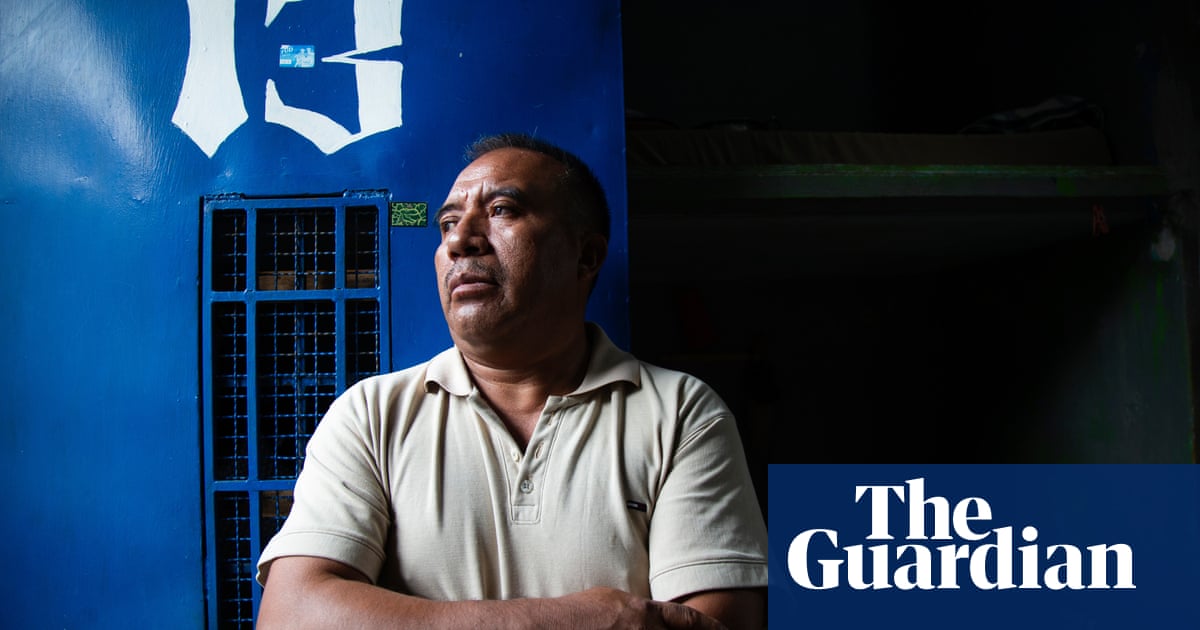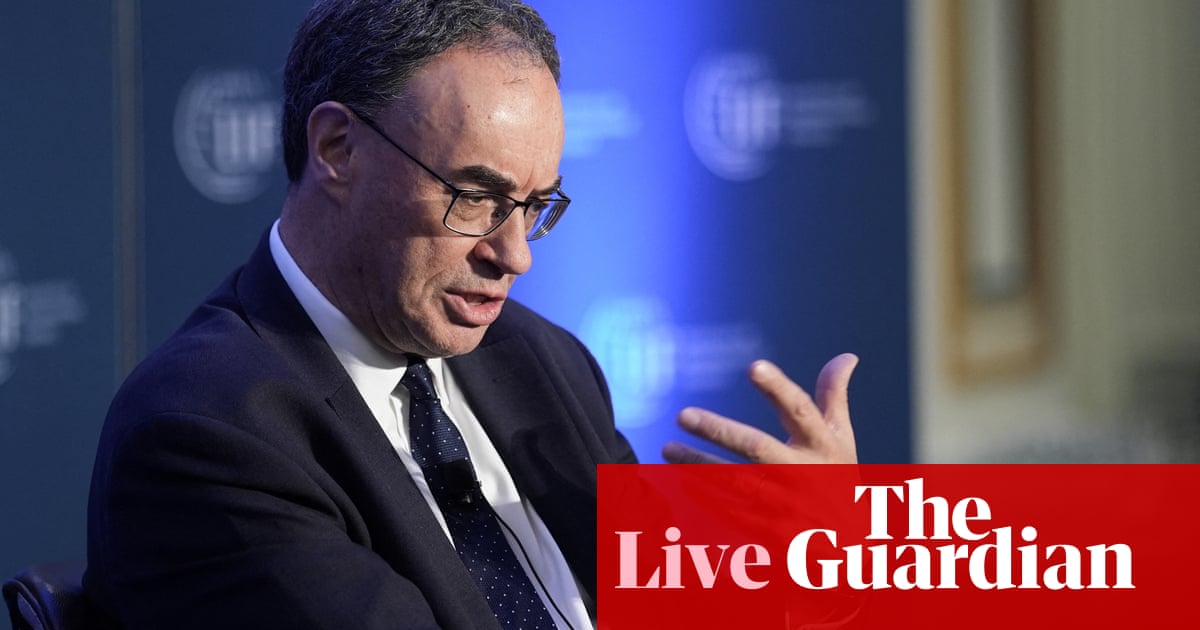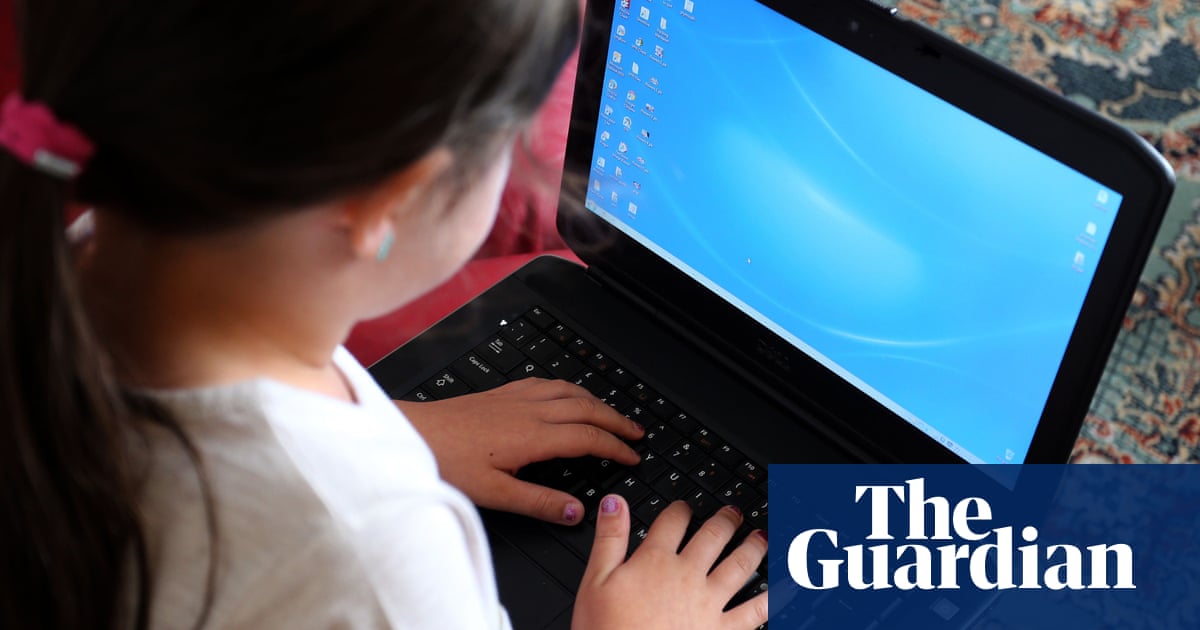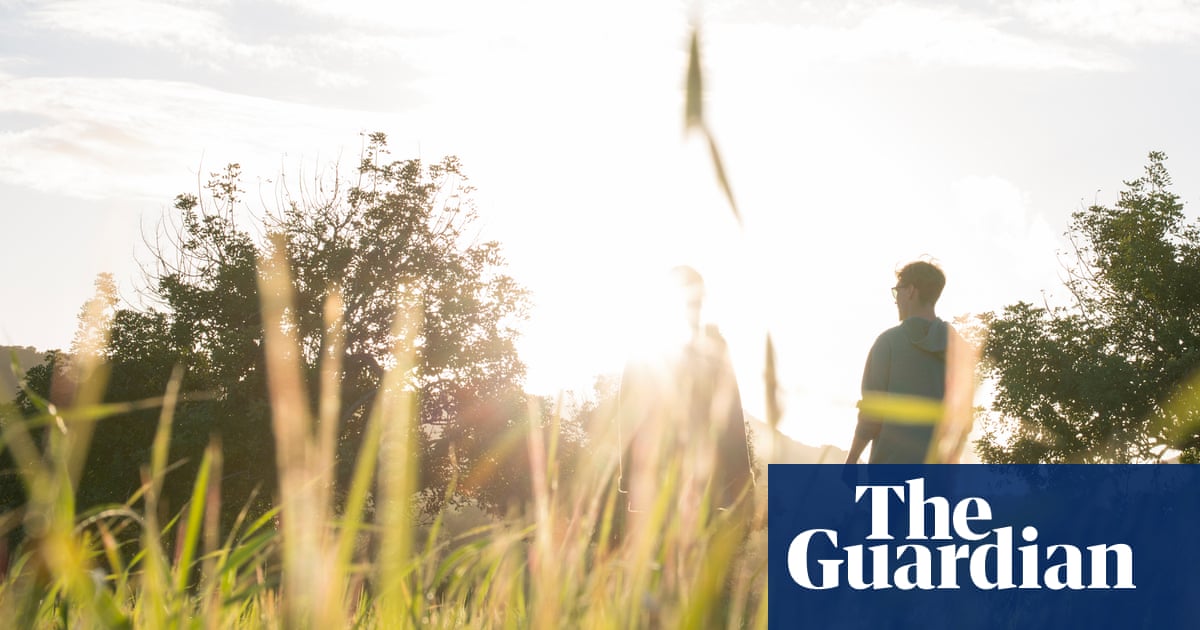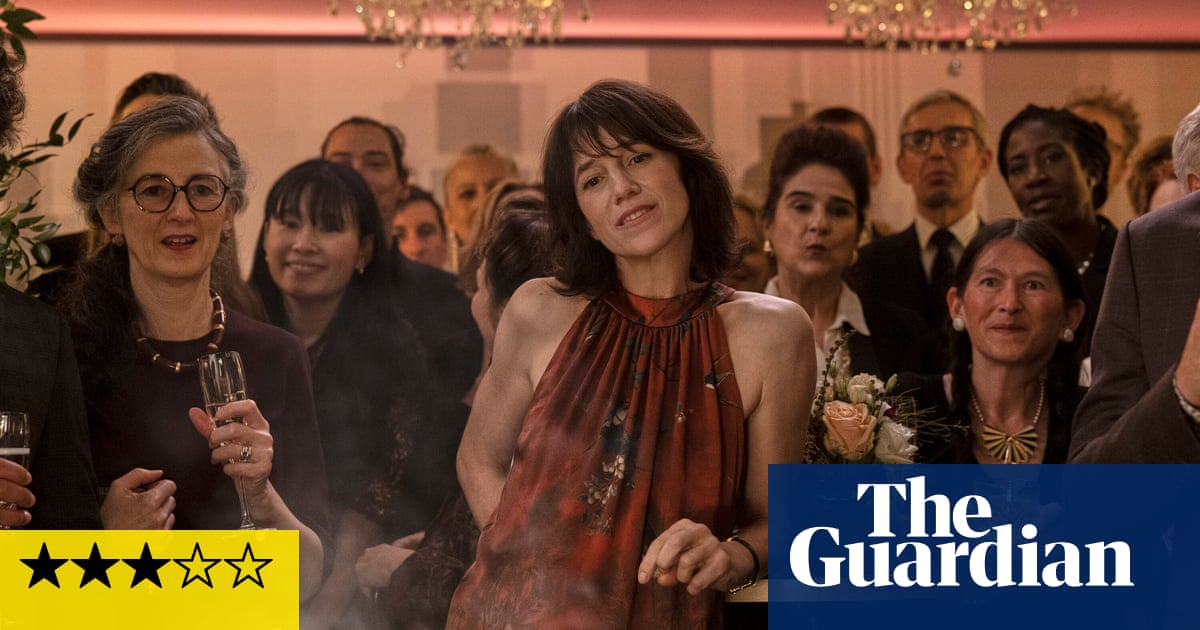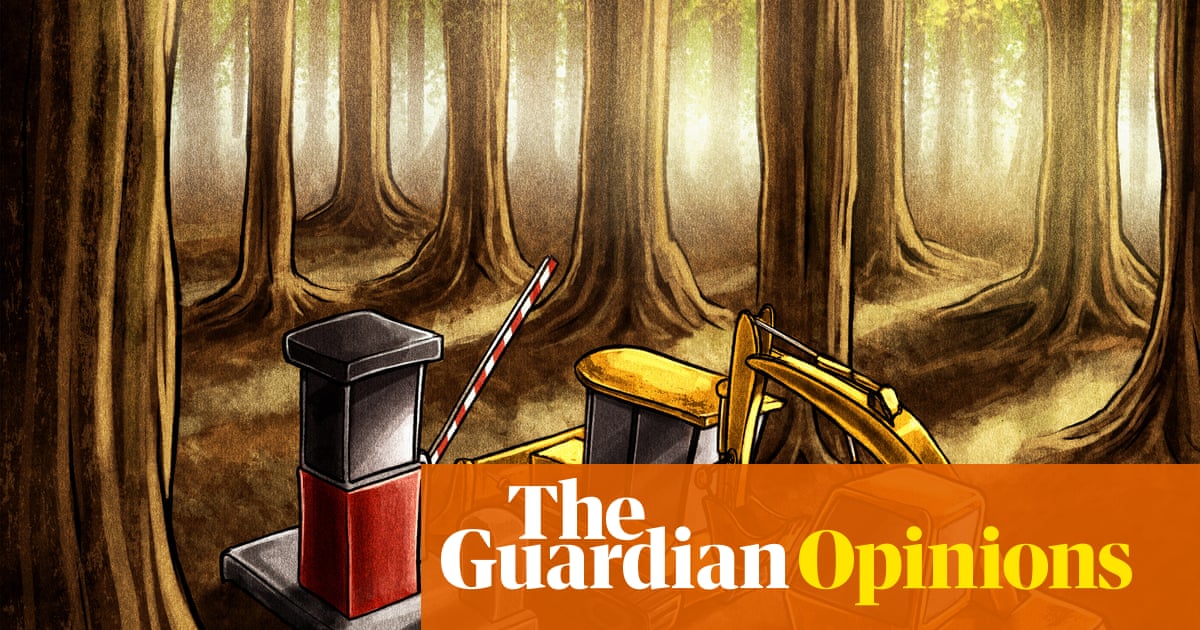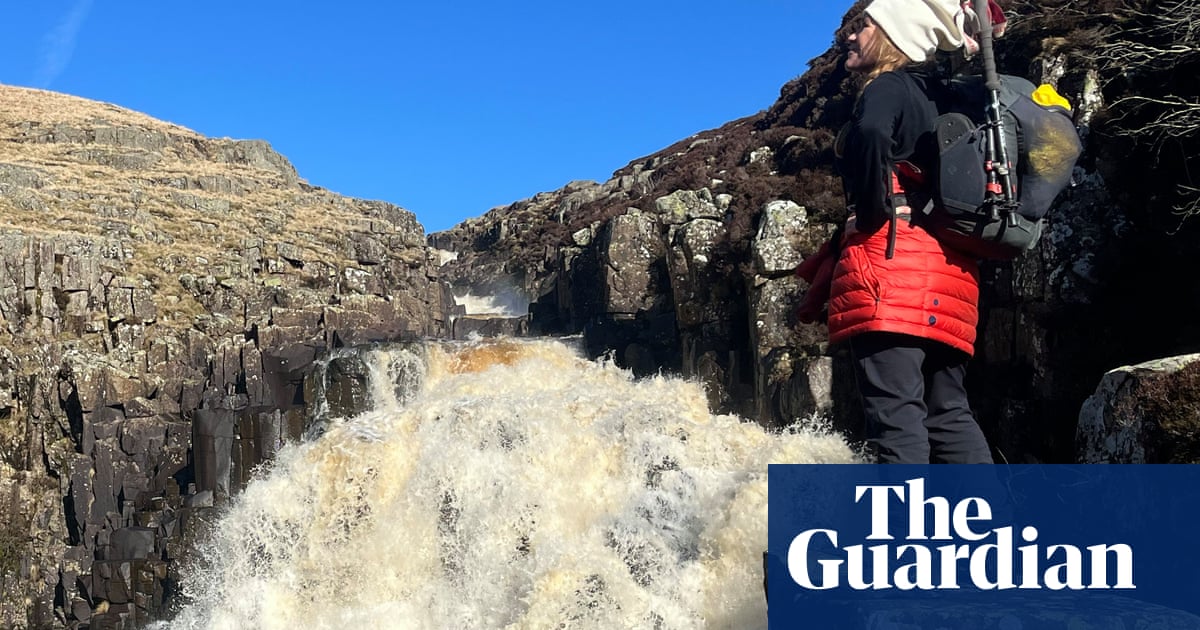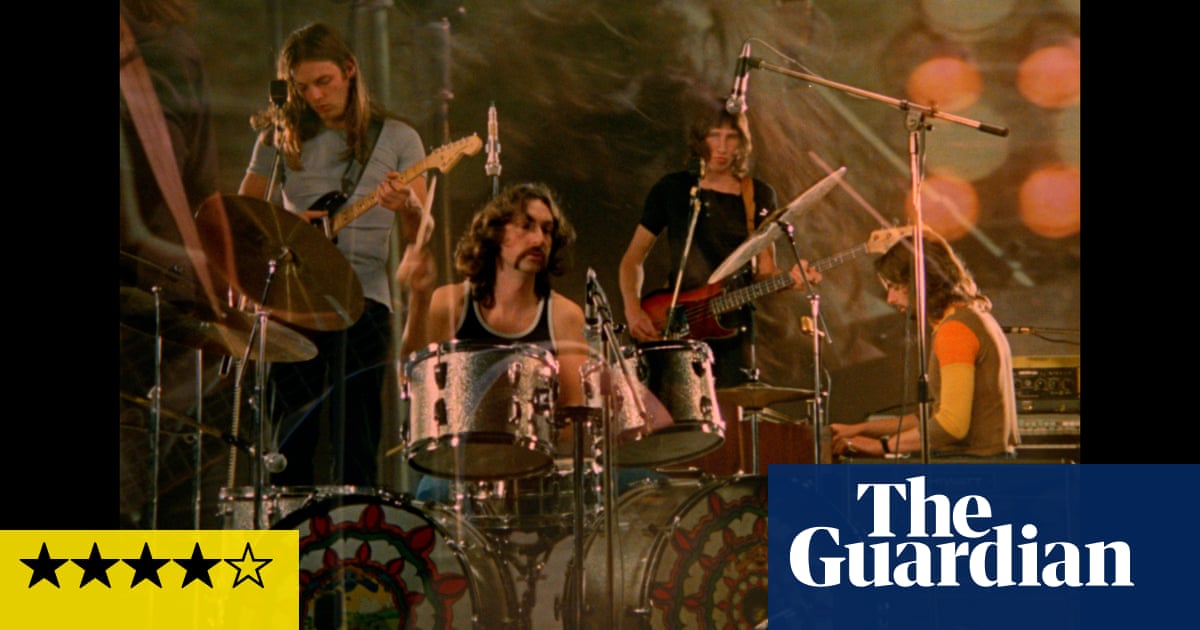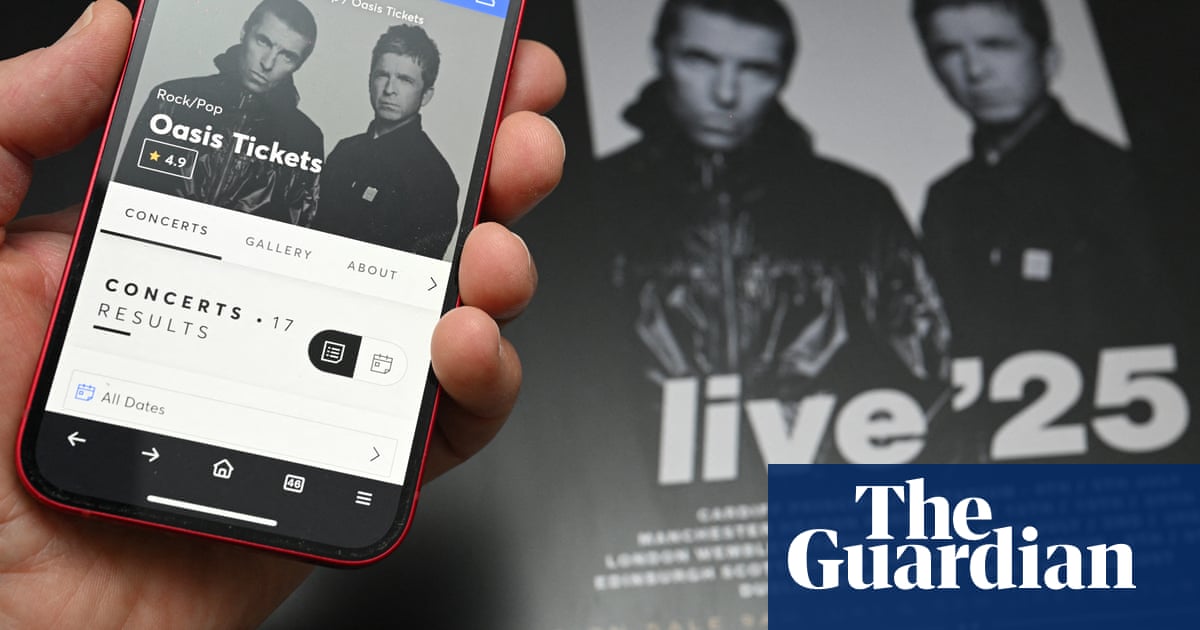The last episode of Big Boys finished on a note of almost transcendent devastation. From the very beginning, this tale of male bonding and sexual expedition – inspired by the comedian Jack Rooke’s university days – existed in the shadow of grief. The first thing we learn about Jack, our semi-fictional protagonist, is that his dad, Laurie, died when Jack was a teenager. Loss hovered over the show’s chronicle of the sensitive, sheltered Jack’s student scrapes, as he formed an unlikely friendship with his laddish, socially assured roommate Danny while struggling to find his feet in Brent uni’s gay scene.
Yet it wasn’t until the final instalment of series two that we were thrown headlong into Jack’s grief. When his motormouth cousin Shannon goes into labour with her first child, the family are transported, physically and psychologically, back to the place where Laurie died. By intercutting the farcical birth scene – inappropriate midwives, urgent demands for Peperami Firesticks – with gut-wrenching flashbacks to Laurie’s final days, Big Boys was able to do what it does best: splice ferocious sadness with snippets of sweet, mildly profane comic relief, and capture life at its most precious and prosaic.
But Jack’s bereavement was not Big Boys’ only framing device. The sitcom’s matey vibe disguised an elaborately meta concept: Jack, you see, has been split in two. On screen, he is played with dozy innocence by Derry Girls’ Dylan Llewellyn, while the sparkier Rooke takes on voiceover duties, narrating the action as an older version of Llewellyn’s imaginary Jack and as the writer’s real-world self. But there’s more: Rooke is addressing this trip down memory lane exclusively to Danny (Jon Pointing), who, we discover, struggles with depression. Why? It seems to be connected to the fact that Danny’s real-life counterpart, Olly – Rooke’s friend from his stint at the University of Westminster – killed himself a few years after graduation.

So it’s with a sense of needling dread that the third and final series of Big Boys kicks off. Initially, however, that specific topic is pushed to the back burner as we’re whisked back to a more innocent time – the summer of 2015 (“pre-Brexit, pre-Covid, pre-air fryers”) – to rejoin an increasingly confident Jack and a very happy Danny, who is now loved-up with the pair’s clever, kind and assertive friend Corinne (Izuka Hoyle).
In the opening episodes the trio, plus Yemi (the unwaveringly hilarious Olisa Odele), their flamboyant fashion designer pal, holiday in Greece with Jack’s family. They grapple with their dissertations – in keeping with the show’s laudable mission to normalise gay sex, Jack’s is on the mainstream media representation of homosexuality – and delve into the eye-watering world of performance poetry. Meanwhile, Rooke has a lot of fun with the 2010s setting, mining nostalgia from such epochal cultural moments as Jeremy Clarkson leaving Top Gear and that time in Celebrity Big Brother when the housemates thought David Gest had died in the next room.
Big Boys is at its most gratifying when hymning this slightly dated picture of joyously ordinary British life: bingo, Tesco meal deals, Fleet services, The X Factor. Cousin Shannon – who has become the show’s primary comic engine thanks to a bravura performance from Harriet Webb – is an endless font of such references (in the first episode alone, she shoehorns in Balamory and Hollyoaks Later).
Occasionally, the show’s warm relatability strays into sitcom cliche; storylines such as Jack getting sunburnt in Greece or his mum, Peggy (Camille Coduri), donning uncomfortable knock-off shapewear that makes her behave strangely on a date feel very familiar. But some cliches exist for a reason. Jack entering his pretentious poet era may seem like a well-worn comic trope, but the plotline is genuinely (and, in light of the disastrous literature produced, regrettably) rooted in Rooke’s real life.
In any case, we should luxuriate in the laughs while we can, because Big Boys soon takes a stomach-dropping tonal turn that allows the show’s multiple strands – mental health, loss, friendship, the high-concept intent behind Rooke’s self-referential fictionalisation of his student years – to come together. Like Danny’s beloved Top Gear, Big Boys ends on a bombshell, just not quite the one you might be expecting. Pointing deserves to win major awards for his goosebump-inducingly poignant depiction of how depression can look from the outside and how it can feel from the inside. It’s heartbreaking, it’s beautiful, it’s a valuable companion in itself: sitcoms don’t get much more deep and meaningful than this.

.png) 2 months ago
22
2 months ago
22



